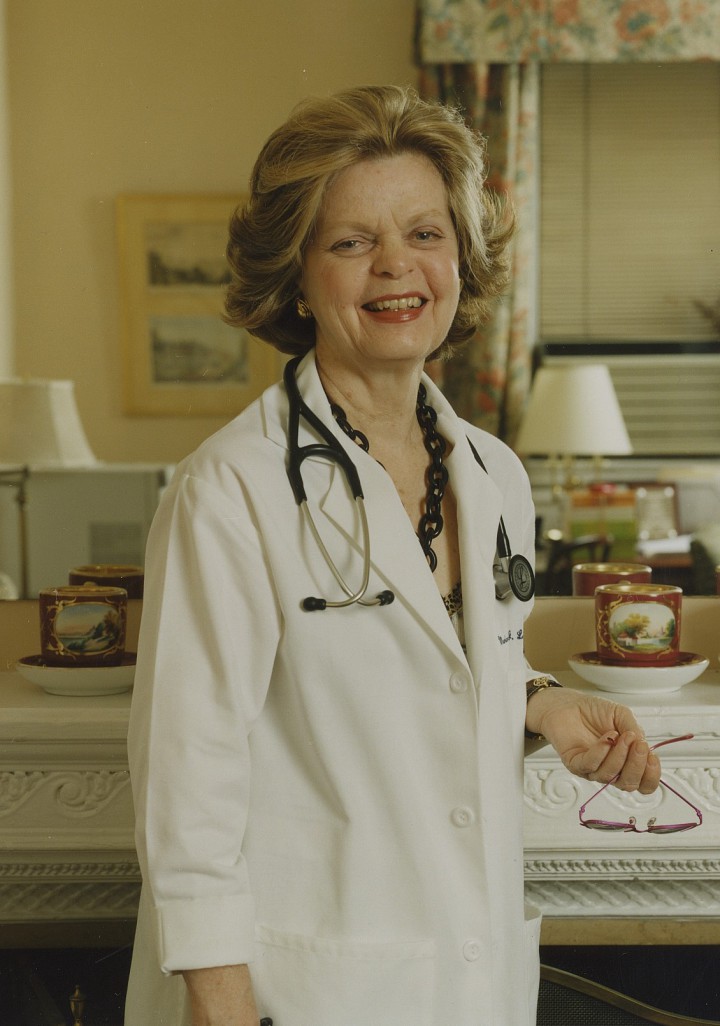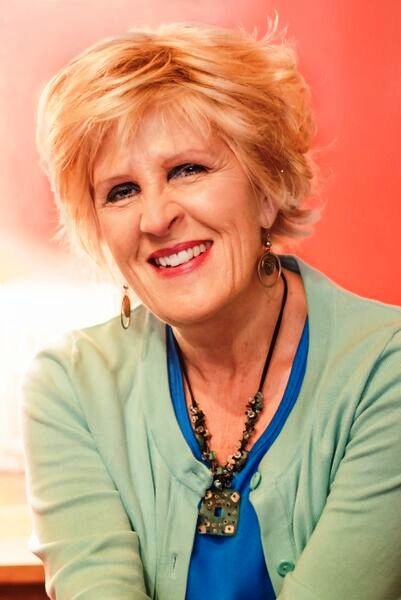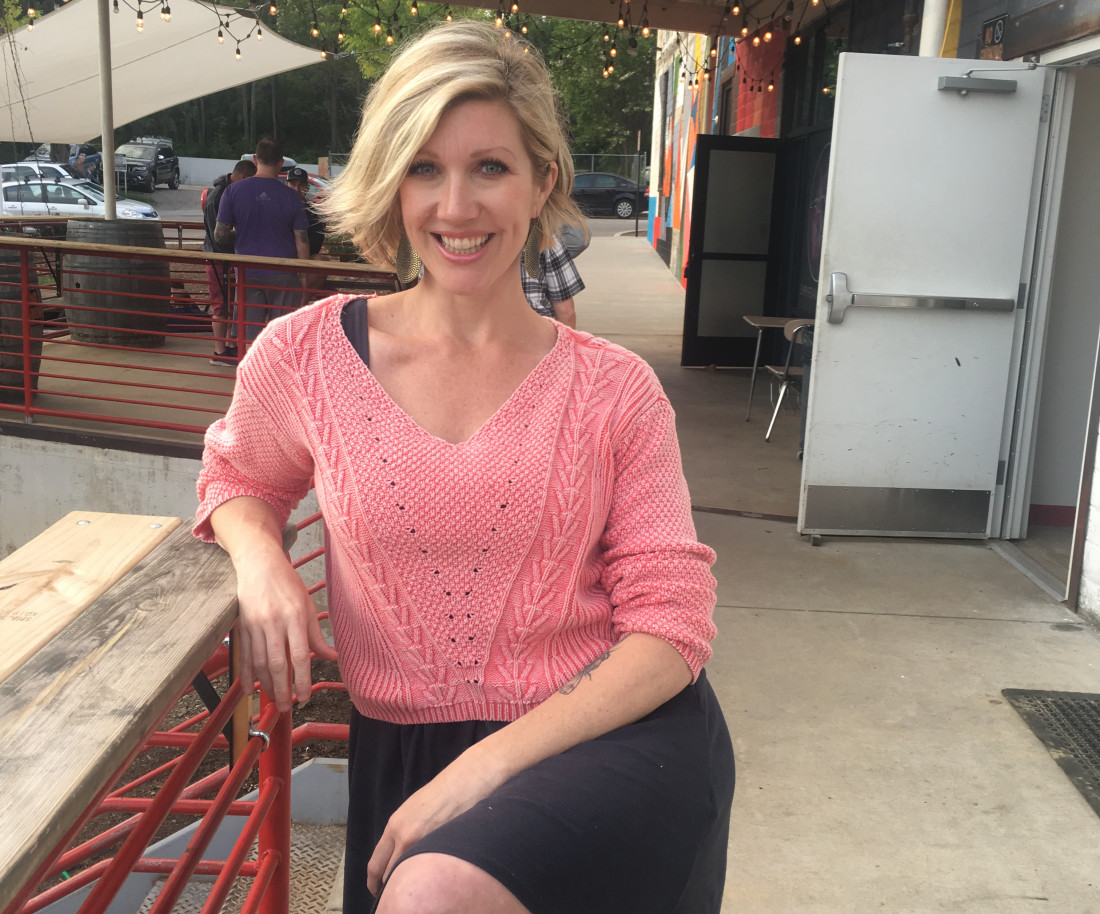If you are a woman in the Asheville area, there is a global medical issue that could be affecting you.
According to a host of experts in Asheville and around the nation, female patients are likely to experience more dismissals of symptoms and receive less medical knowledge about their diseases as a result of “gender bias in medicine.”
The long-standing prejudice is well-known within the medical community — and women are still taking the brunt of it, experts say. One way these prejudices play out in modern times is that women’s symptoms are more likely to be discounted by a medical provider.
“Historically, the traditional way it [heart disease] was thought of is that the male doctors … want to conclude that it’s anxiety and not her heart,” says Dr. Wendy Coin, an Asheville family medicine doctor. “And I am sure that that happens. But, I think also what happens is that many women want to believe that it can’t be their heart — that they can’t get heart disease — and so they are not as accepting of the diagnosis either.”

“The concept that there is gender bias everywhere in medicine is pretty much well-established,” notes Dr. Marianne Legato, a professor emerita of clinical medicine at Columbia University College of Physicians and Surgeons and an adjunct professor of medicine at Johns Hopkins Medical School.
“Women, more frequently than men, are told that their symptoms are ‘just in their mind,'” she continues. “Unless health care professionals are thoroughly educated in the specific differences between men and women and in their experience of disease, they are very likely to misdiagnose … and attribute women’s symptoms in particular to being nervous, anxious or unhappy.”
Legato also says, “Unfortunately, this is still is extremely common and is especially true for young women. … It’s very important to rule out any physical cause for their complaints. … They’re often told that their symptoms are ‘just an emotional thing.'”
Beth Zahller, a child care provider in Asheville, explains how her physical symptoms were discounted by many doctors: “My symptoms were fatigue, nausea, abdominal pain and some other challenges. I kept going to different doctors and was told that I needed either anti-anxiety medication, antidepressants, or I had been told over and over that it was just because I hadn’t fully recovered from having a baby. … When a female has a problem, a lot of doctors, both male and female, automatically think it’s a hormone imbalance.
“I finally figured it out on my own,” Zahller says. “It turned out to be a metal allergy that was causing all of these problems. It’s sad that my symptoms were ignored for so long.”
Melissa is another Asheville resident who faced similar challenges. Melissa, a local teacher who didn’t want to disclose her full name, is a transplant from Florida who almost teared up when recounting the story of a long medical journey that finally ended when she found a specialist in Asheville who listened.
Initially, Melissa’s gynecological symptoms were dismissed by medical professionals, while her illness had negatively affected her relationships and her self-esteem. “After going back month after month to the same exam and dismissal … I just quit going. … I was told it was stress, my laundry detergent [or] how I bathe or groom,” she recalls. “No doctor ever looked deeper, listened to my observations of symptoms or patterns, or offered a long-term plan to help me.”
Finally, a doctor at Grace OBGYN in Asheville referred Melissa to a nationally known specialist at the Mountain Area Health Education Center, who correctly diagnosed her with an overactive immune system. “I was empowered, heard and, most importantly, within two months I was symptom-free and have been now for two years,” says Melissa.
Melissa and Zahller had to advocate for themselves in a medical system that just wasn’t hearing them or investigating their health concerns. Fortunately, the medical field is becoming aware of the troubling historical pattern of discounting and “miss”-interpreting women’s specific medical needs and ways that plays out in modern medicine.
Legato recalls the long journey toward bringing this new knowledge to the medical field at home and abroad. Even in the 1990s, she says, male physicians would simply leave the room when a lecture on women and heart disease began. In 1992, Legato published The Female Heart: The Truth About Women and Coronary Artery Diseases.
“I had written the first definitive textbook and founded three journals on the subject of gender-specific medicine. We sponsor and participate in lectures and seminars on gender-specific medicine all over the world,” says Legato. “And I think there has been a real impact on doctors’ approach to health care. Not as much as we would wish.”

Gender bias is not new in medicine’s history. Asheville-based author Marie Bartlett explored this history in her book Pearl, MD.
Her historical research highlighted many of the separations that were prevalent between the medical field and women. “You know, women were considered the ‘weaker sex,’” Bartlett explains. “Their primary role in life was to birth children or to be caretakers. And they weren’t looked upon as much more than that. They were just delicate little creatures. Again, I’m talking about the Victorian era, which was 1837 to 1901.”
This medical view of women affected women’s access to care, she continues. “A lot of women got to a point where they wouldn’t even go to a male doctor,” she says. “They were just horrified to think about having to go and undress or to be declothed in any way or certainly to talk about things that have to do with their own personal health.”
While many of those prejudiced Victorian views have changed, modern-day research continues to find doctors of both sexes treating women with a bias.

Coin maintains that any gender can present with atypical symptoms, although there was a historical bias against women “that totally still happens.”
Legato says, “It’s true, people have preconceived notions about women and their characteristics, as opposed to men.”
The difference between men and women’s physiology is much greater than originally understood, she explains. “[Women] experience the same illnesses as men do, but in different ways … . We have to be careful of the unique symptoms that women may express,” Legato continues. “Now we know that every tissue of the body has distinctive features as a function of biological sex. … I want people to know that there are differences between men and women everywhere in the body. And that the more we look, the more we discover.”
Beyond the apparent implicit bias that exists around women’s health issues, research shows there has been a historical institutional bias in educational training that still impacts the medical community, says Legato. There is a historical basis for this bias. Bartlett notes that women were not admitted to most colleges where they could study medicine. Yet, “when they finally got in, it was an all-male culture. A male instructor. And so they again were looked upon — through the prism of that Victorian lens — as people who were a lesser sex.”
Remnants of this separation exist in curricula still used today. Legato notes that her original medical training lacked gender-specific knowledge. “My initial medical training thought male structure and function was the norm, and that the only unique thing about women was their gynecology,” she says. “I call it the Bikini Syndrome. My initial medical training never included any differences that were substantive between men and women.”
A bias also exists in the clinical research being performed. The National Institutes of Health states on its website: “NIH is calling on scientists to take a deliberate approach in considering sex and gender in research to make sure that women and men get the full benefit of medical research.” The NIH is making this plea because gender-specific health information is sorely missing in clinical trials, says Legato.
“Unfortunately, there still are enormous gaps in our information,” she says. “People find that including both sexes in research protocols is more expensive, is more difficult, and even when they do include males and females, the studies are often not powered to make a significant statement about possible differences. And so I think progress has been very slow.”
Female patients, however, can help reduce the impact of any gender bias in their medical treatment. Legato says women should “insist on reasonable answers.” Coin adds that whatever your gender, avoid trying to convince the doctor that you believe it is all anxiety. If a patient is “just saying, ‘I think this is all just anxiety and stress,’ and that’s how they start the conversation out, it’s very easy to, as a doctor, let the person take you down that road.”
Coin stresses that whatever their gender, before patients “leave the encounter with the doctor, [they should] make sure … they have expressed that they got their questions answered and maybe their number one fear answered.”
Moreover, don’t ever acquiesce to a doctor’s explanation when it doesn’t feel right, says Legato. You can’t be “deferential and think the doctor knows everything.”




LOL so you’re saying that men and women are different? Then why are women being pushed into combat roles where men will pay for it? Or why is there a 19th Amendment? The contradictions are apparent. As is the notion that women are treated poorly in a nation that subsidizes then to it’s own bankruptcy. All the while looking to import Muslims where women are 2nd class and honor killings are the norm. The absurdity of this article is mind boggling. Along with the contradictions of established left wing dogma.